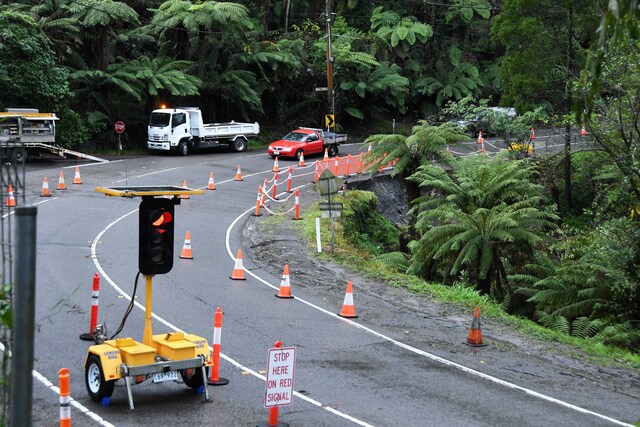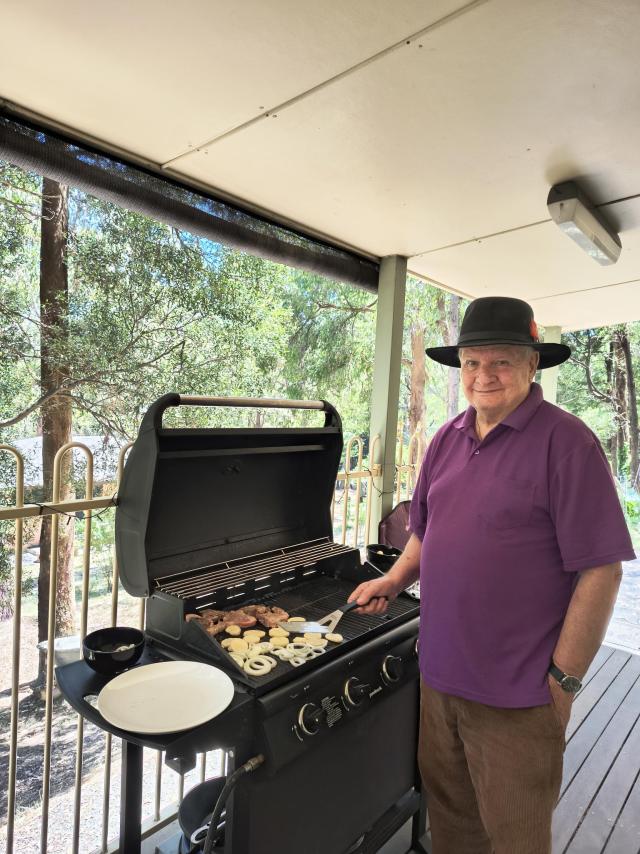A review of The Dictionary of Lost Words by Pip Williams
With South Australian author Pip Williams’s second book The Bookbinder of Jericho published earlier this month, it is time to revisit her thought-provoking debut novel The Dictionary of Lost Words.
Published in March 2020 to international fame, the book tells the story of fictional Esme Nicoll, who grew up around a garden shed endearingly called the Scriptorium, where the Oxford English Dictionary was compiled by a team of lexicographers led by Sir James Murray.
Motherless, Esme learned from her father the English words and how their meanings had changed over time. Words, both spoken and unuttered, defined her. She knew the importance of those words submitted by embers of the public and carefully preserved in the Dictionary – how they would shape the English language and those who use it.
But Esme was increasingly drawn to those words NOT included in the Dictionary, either accidentally or deliberately. Indeed, a great number of words used by women and common folk were deemed vulgar and/or insignificant by the editors – despite the fact that these words give substances to how ordinary people live, think and feel.
Every single word recorded by Esme was a testimony to the real-life inequalities between social classes and genders, between those voicing and voiceless, and between those privileged and forgotten. This journey of learning lost words was also one of self-discovery, as Esme encounters the turmoils of being a woman.
“I realised that the words most often used to define us were words that described our function in relation to others. Even the most benign words – maiden, wife, mother – told the world whether we were virgins or not. What was the male equivalent of maiden? I could not think of it.
What was the male equivalent of Mrs, of whore, of common scold? I looked out the window towards the Scriptorium, the place where the definitions of all these words were being bedded down. Which words would define me? Which would be used to judge or contain?”
While these words from Esme were expressed at the height of the women’s suffrage movement, The Dictionary of Lost Words is not and should not be seen as a feminist work. Instead, it is an extraordinary exploration of who gets to decide which parts of human history are to be written and in what manner. As words are powerful in their myriad ways to shape our experiences of the world, to deny the existence of certain words is to disrespect and discard parts of humanity.
This is particularly well-illustrated in the book’s depiction of the First World War, where soldiers were told not to describe the suffering and slaughter in their homebound letters so that their loved ones could “continue to think the war a glory and a good fight”. The English language is burdened with wars. “Their words are ordinary, but they are assembled into sentences that are grotesque.”
Full of tender yet fierce words, this is an important book to be cherished and celebrated. Highly recommended







